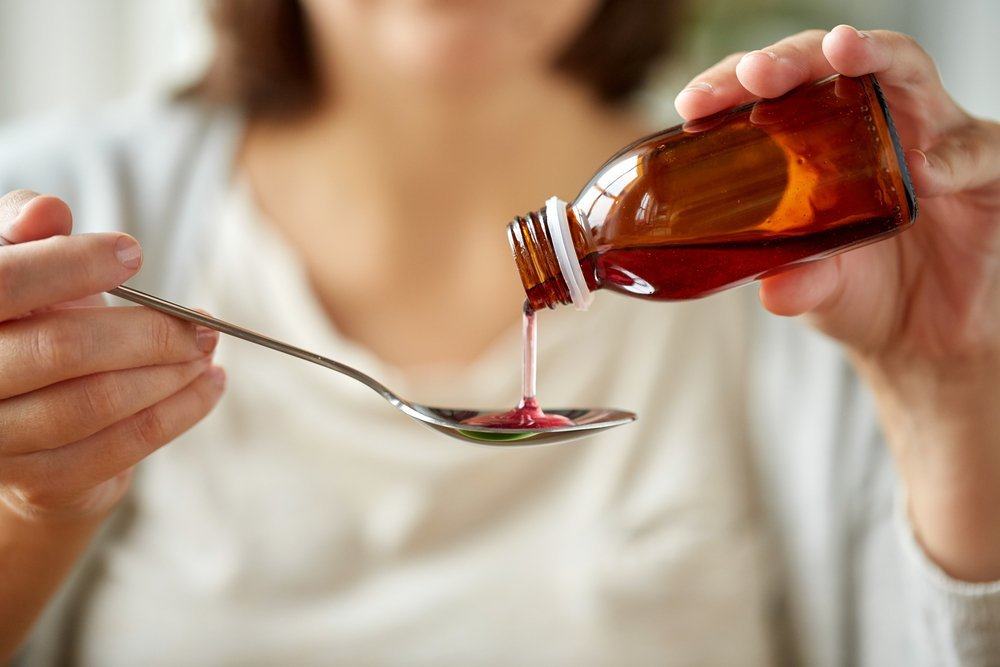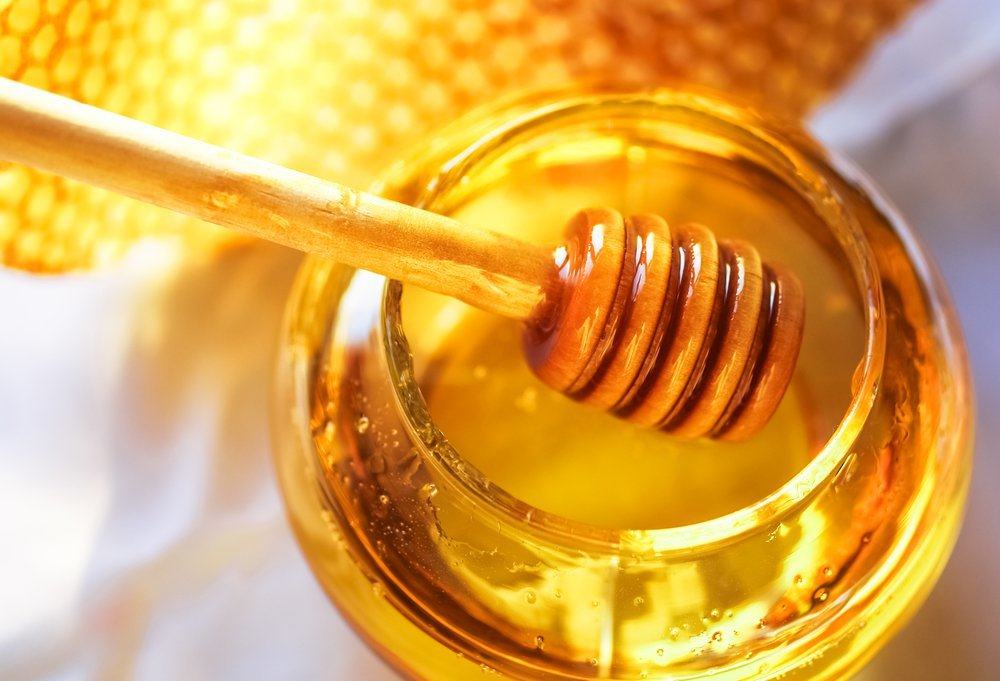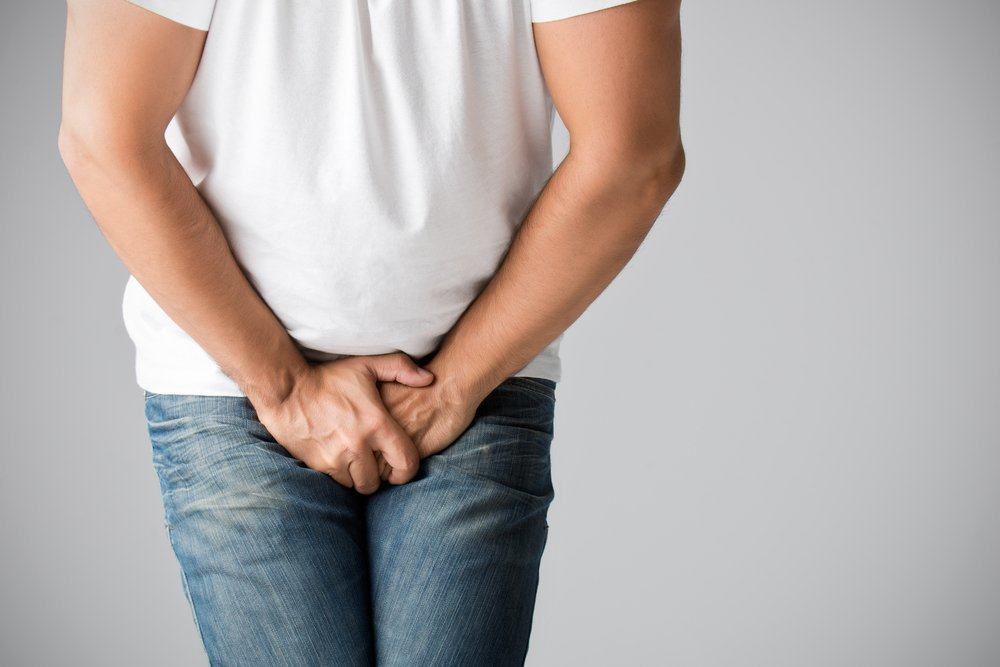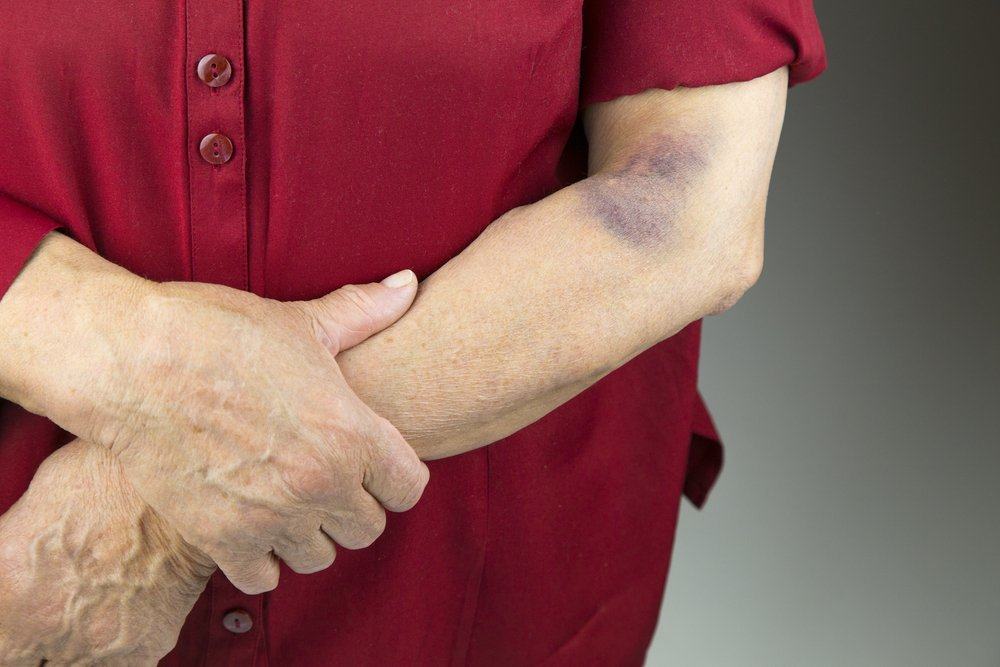Contents:
Medical Video: Deworm Yourself-How to Deworm Yourself-How To Protect Yourself From Worms
Intimate worms experienced by children. The lack of maintaining cleanliness can be one of the factors that can encourage the spread of infections due to worms. However, it does not rule out the possibility that adults can experience intestinal worms.
For cases of child intestinal worms, doctors usually recommend taking worm medicine every 6 months as a prevention and treatment. The same is true when adults are exposed to intestinal worms. Adults who have worms should take worm medicine to treat the root of the problem. If not treated properly, intestinal worms can cause further complications, such as intestinal blockages and nutrient malabsorption.
However, recommendations for taking worm medicine as a prevention effort are prioritized only for adults who are at high risk of developing intestinal worms, said Dr. Tania Savitri, general practitioner at Sosodoro Djatikoesoemo Hospital, Bojonegoro, when interviewed by the Hello Sehat team.
Then, who should take worm medicine?
Recommendations for taking worm medicine once every six months as a protection from intestinal worms is only recommended for adults who are at risk of developing intestinal worms, including:
1. People who work in places prone to worms
People who spend most of their time in places prone to worm populations (such as clay, loose soil, and sand) whose main activity allows their skin to have direct contact with contaminated soil, are susceptible to intestinal worms. For example, construction workers, land diggers, or farmers and farmers who work with or are exposed to animals.
People in this area are at risk of intestinal worms if they do not wash their hands after doing activities, or areas where they have poor activity have adequate sanitation facilities, so that land contaminated with worms and faeces from animals and / or humans can easily enter their mouths.
2. People who eat food are not clean
Eating vegetables or fruits that are not washed properly, properly peeled, or cooked thoroughly, will make a person at risk for worms. Routinely eating pork and beef that is not cooked properly also increases your risk of worms.
3. People who live in slums
Infection occurs in warm and humid climates, for example in communities living in areas where sanitation and personal hygiene facilities are inadequate - such as on the riverbanks, suburbs, or villages. Infection can also occur in other ways that allow their skin to have direct contact with contaminated soil. Land in this area can be contaminated by faeces from people infected with intestinal worms when they are defecating in "natural toilets" or when human waste is also used as fertilizer.
People in this area are at risk if land contaminated with human excrement enters their mouths, or if they eat vegetables, meat, or fruit that is not washed, well peeled, or cooked until cooked.
Live worms are also used as bait when fishing. This hobby can make adults susceptible to intestinal worms if they don't wash their hands after holding the worm. Rarely washing your hands means risking you move the worm egg seeds from your hands directly into your mouth.
Based on research from the Faculty of Medicine, University of Indonesia (FKUI), reported from Detik Health, the results of fecal examination in samples of people in slums showed that there were still many adults carrying worm eggs in their bodies. The incidence of intestinal worms in the Jakarta slum community is known to reach 40-45 percent. This is what makes the reason why people in rural or rural areas are also encouraged to take worm medicine to prevent the transmission of intestinal worms.
4. People who live in endemic areas of worms
Residents who live in the endemic location of intestinal worms should be aware of the transmission of schistosomiasis by taking worm medicine. Schistosomiasis, or snail fever, is an acute and chronic parasitic infection caused by worms Schistosoma japonicum. In Indonesia, this worm has been found endemic since 2008 in two regions in Central Sulawesi: the Lindu Plateau and the Napu Plateau, and still continues to threaten the health of its people. In fact, schistosomiasis has spread in several surrounding sub-districts.
Schistosomiasis is common in tropical and subtropical regions, especially in rural and / or inland communities without access to clean drinking water and adequate sanitation facilities. Transmission occurs when people suffering from schistosomiasis contaminate freshwater sources with their feces containing parasitic eggs which then hatch in the water.
For more information about intestinal endemic areas in your area, ask your local health worker.
Besides, when do adults have to take worm medicine?
If your lifestyle is hygienic - wash the fruits and vegetables clean, prepare the ingredients properly and correctly, cook the meat until cooked, diligently wash your hands - the suggestion to take worm medicine for adults is generally changed to once a year.
As an effort to prevent, it's okay if you want to take worm medicine every 6 months. The dosage of worm medicine includes a single dose, so that it won't cause severe side effects after taking medication even though your body doesn't have worms.
READ ALSO:
- Is It Really How to Wash Your Hands?
- Soap vs. Hand Sanitizer: Which is Better to Wash Your Hands?
- 6 Diseases That May Happen Due to Sharing of Personal Items












